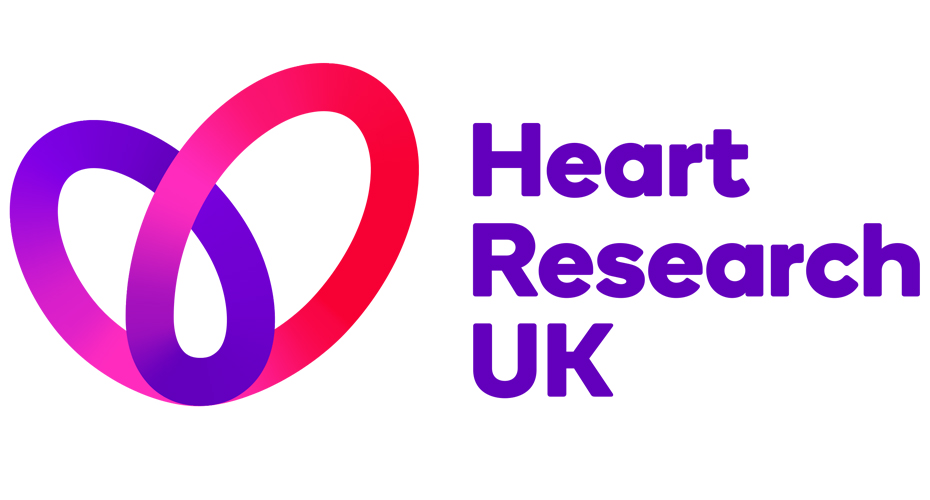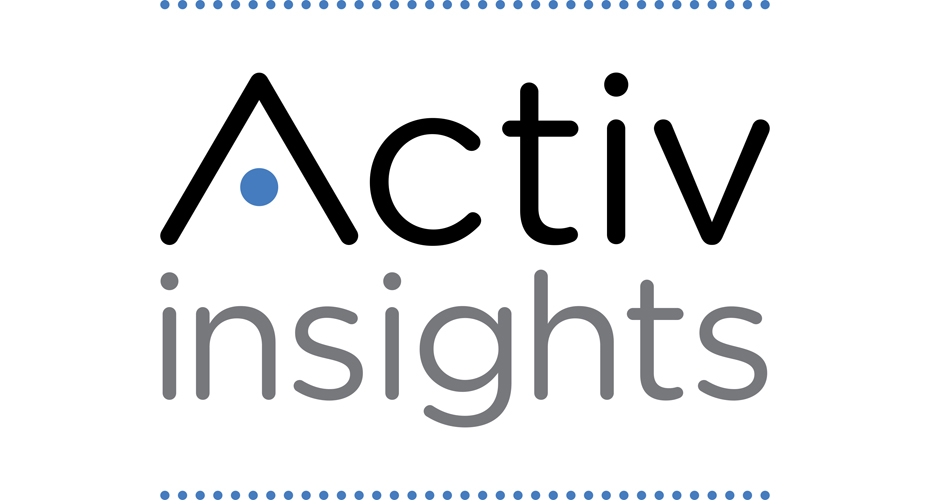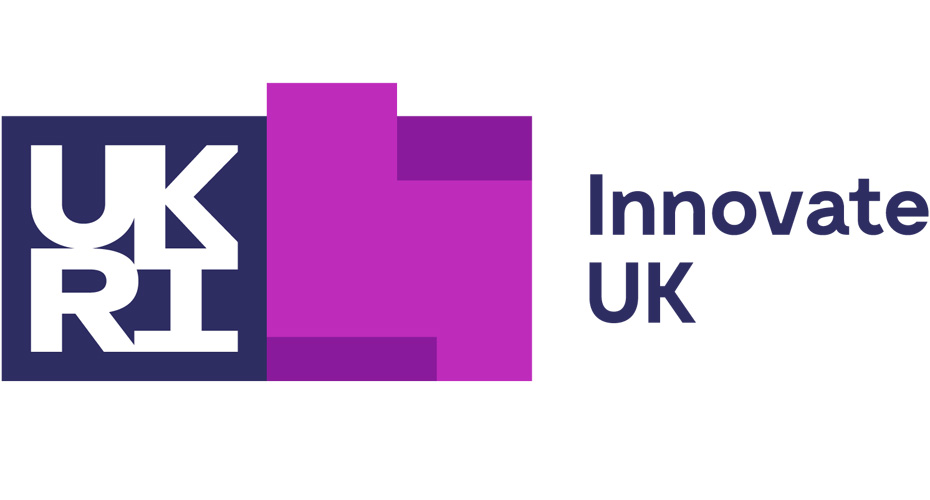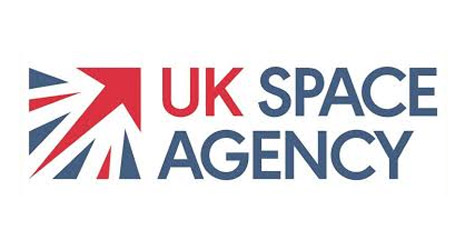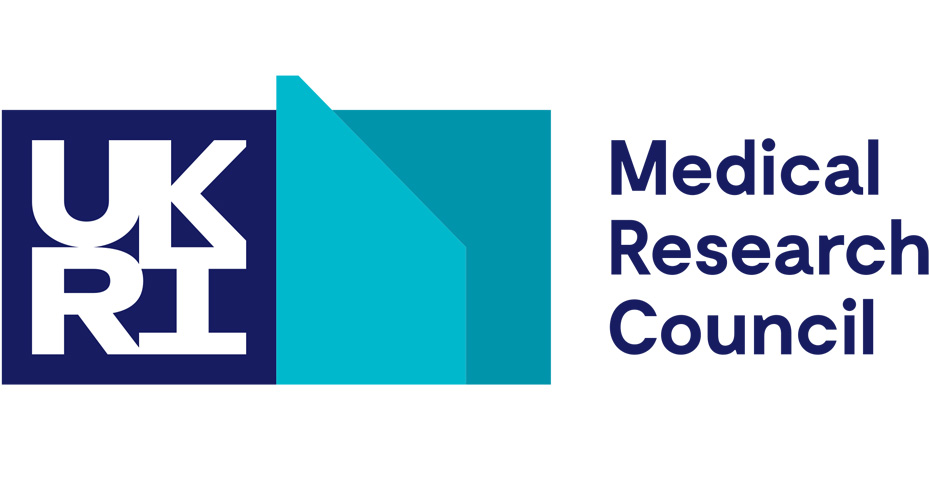Collaborate with us
Public Health and Sport Sciences at the University of Exeter is a dynamic, friendly and motivational discipline with an outstanding global reputation for research excellence. We use innovative approaches and technologies to create new knowledge and transform our scientific understanding.
We transfer our knowledge into industry through the validation of new products, informing policies, adding value to partners and benefiting athletes, patients and the wider society.
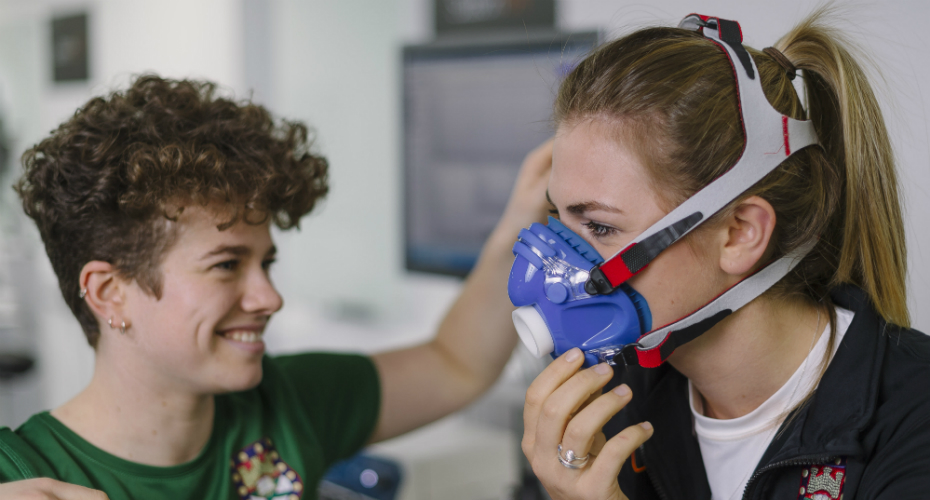
We focus on:
- Elite performance
- Health and wellbeing
- Healthy ageing
- Physical activity for health
- Biomechanics
- Paediatric and exercise physiology
- Metabolism and nutrition
- Psychology and skill acquisition
We can support you with:
- Improving performance
- Product innovation
- Bespoke training design and testing
- Activity informatics
- Cost-effective smart solutions to business problems
- Access to external funding
- Shared risk on new projects
Ways to work with us
Consultancy and smart R&D solutions
We work with organisations on collaborative R&D projects to improve product and service development, and keep you ahead of the competition.
We can help with:
- Cost-effective smart solutions to business problems
- Connected thinking across a wide range of sectors
- Access to external funding
- Sharing insights that will impact on your sector
- First mover advantage
- Shared risk on new projects
- Access to our world-class facilities
Collaborative research: Knowledge Transfer Partnerships
Competing in a constantly innovating market requires technological excellence and up-to-date expertise.
Knowledge Transfer Partnerships (KTPs) create an exciting opportunity for a business to collaborate in a partly grant-funded project with academics from the University of Exeter. Along with a specially chosen Associate - a high-calibre graduate or post-graduate in the field - the partnership aims to tackle contemporary business problems face-on, and with industry-leading solutions.
KTP projects focus on growing business capabilities and developing innovative solutions, and are an excellent way to embed knowledge and access new expertise.
Recruit our students
There are a wide range of ways to engage with our students, including:
- Hosting a visit to your organisation
- Giving a guest lecture or presentation on campus
- Offering a work placement
- Coming to a careers event
- Recruiting student and graduate interns
Specialist services
Data analytics for human activity research
Activity Informatics is a collaboration between the University of Exeter and Activinsights.
We offer a complete service for public-funded research and clinical trials, including support in:
- Strategy
- Design and planning
- Management
- Data summary
- Interpretation and translation.
Who is it for?
The service is designed for health and population surveillance researchers and service providers, who currently use or would like to use wearable devices for the measurement of lifestyle, activity and sleep. Activity Informatics provides support in study design, data collection, processing, storage and analysis covering all 5 services outlined above.
Benefits of the Activity Informatics service:
- Peace of mind for successful study completion (robust, powerful, significant, impactful, publishable and ethical)
- Maximize outputs and outcomes from the data collected
- Completeness of data and defined outcomes
- Cost-effective, pay-as-you-go service with low upfront investment in equipment and expertise
Eye-tracking solutions
We use mobile eye-tracking technology to provide solutions to problems related to how humans interact with the world around them.
Eye tracking technology allows us to 'see what someone is seeing', and provides insights into the processes underpinning their decisions and behaviours while completing a task (e.g. perception, focus of attention, biases), as well as their momentary emotional and cognitive state. Mobile eye trackers are lightweight and unobtrusive and can be worn while performing tasks in natural settings.
We have employed this technology across a wide range of applications including motor skill learning, rehabilitation, sports training, website and software design, ergonomic design, simulation validation and image interpretation.
How we can help:
We offer a complete consultation service, including:
- design of appropriate studies to examine the issue
- capture and analysis of the eye-tracking data
- development and instruction in evidence-based solutions, interventions or training.
As well as a range of mobile eye-tracking systems, we also offer additional data collection tools to answer specific questions, including motion capture and analysis systems, psychophysiological monitoring systems, and synthetic testing environments (e.g. sporting and driving simulation).
Sports concussion in developing brains: how to optimise recovery from pitchside to the classroom
The annual incidence of attendance at the emergency department in UK with a head injury is 6.6%, and there is a particular 'spike' in injuries between 15 and 21.
More than 80% of injuries may be Mild Traumatic Brain Injury (TBI) – often considered as 'concussion' - and teenagers take longest to recover, being vulnerable to the lingering effect of concussion over time.
We offer advice on preventing, diagnosing and managing the effects of concussion in sports.
Our partners: case studies
Below are just a few examples of current projects we are working on with industry partners.
Our values
- Using gold standard, robust scientific methodologies
- Being cutting-edge through state-of-the-art facilities
- Adopting flexible, tailored approaches to research
- Developing strategic partnerships; industry, academia, third and public sector
- Driving policy change
Our funders
We can make your resources go further by helping you access grants and funding from sources such as:
- Government grants
- Innovate UK
- Research Councils
- EU and international funding
- R&D Tax Credits

